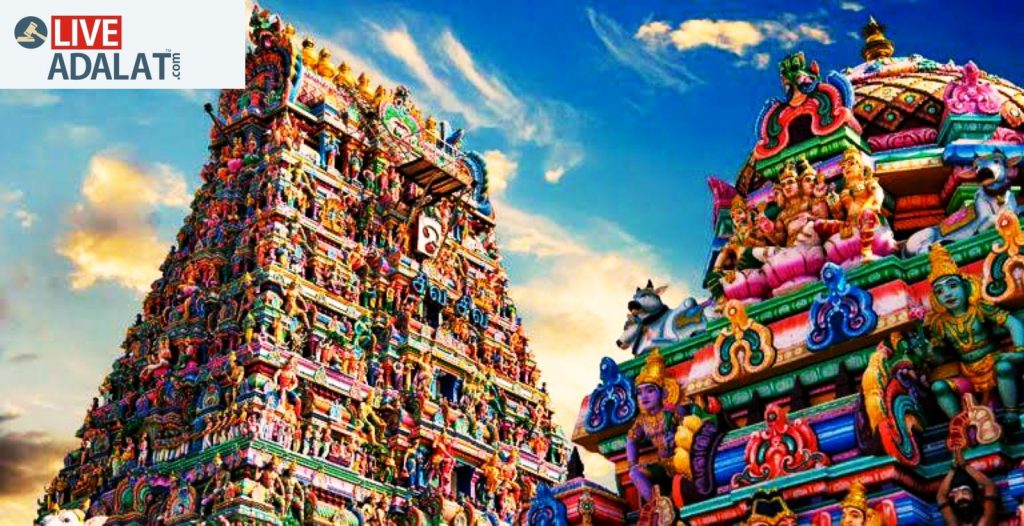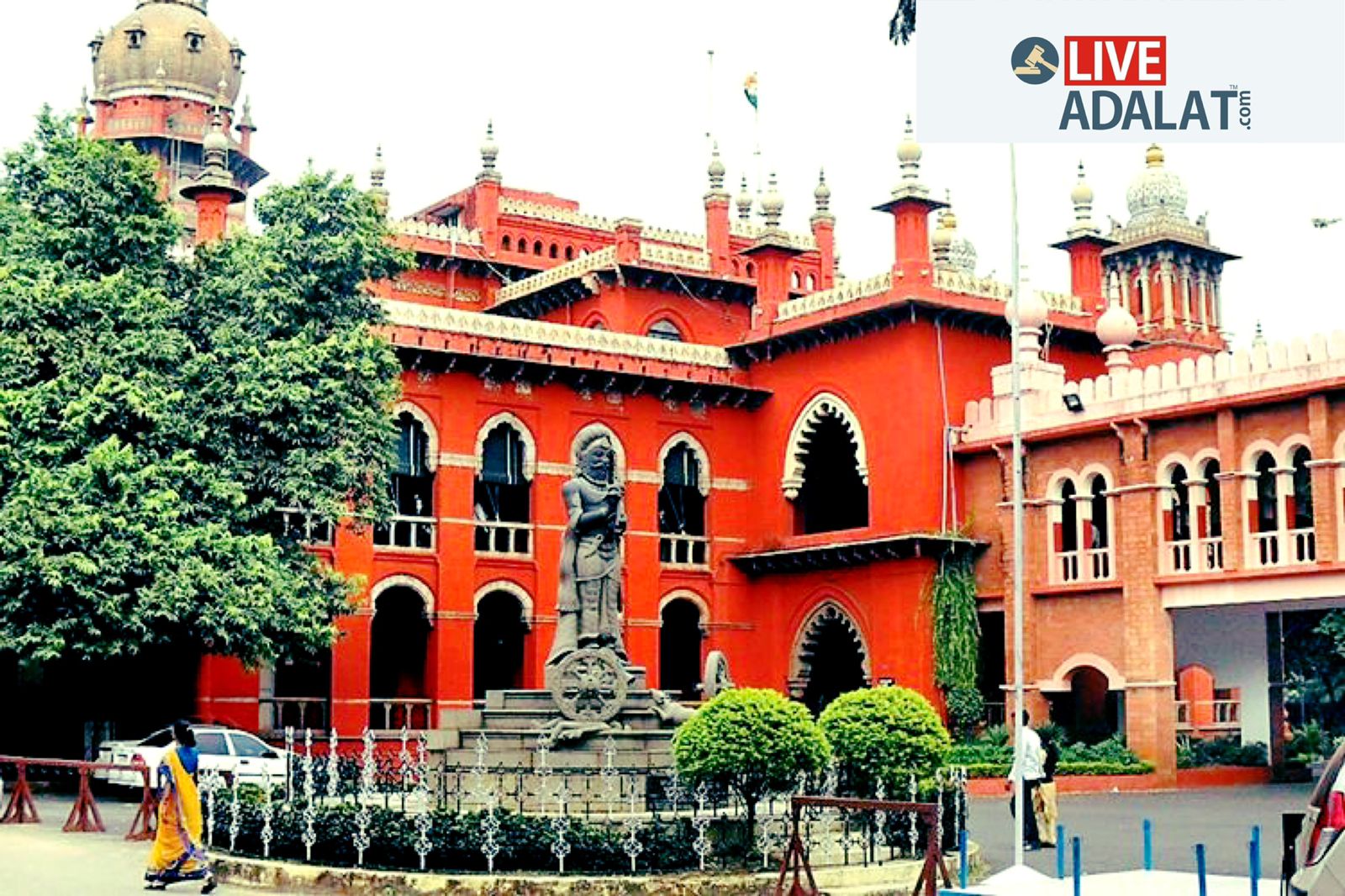The Madras HC on Friday, said that the choices vests with the devotees to recite mantas in Tamil or Sanskrit language, while performing pooja inside the sanctum sanctorum of temples. Justice Sanjib Banerjee and PD Audikesavalu stated that the case had already been settled in a 2008 High Court ruling.
Bench of Chief Justice Sanjib Banerjee and Justice P.D. Audikesavalu refused to entertain a Public Interest Litigation (PIL) filed against the Tamil Nadu government’s recent decision of allowing to perform ‘Pooja’, ‘Archanas’ in temples in Tamil language instead of Sanskrit.
The PIL sought a direction to the State government to withdraw the ‘Annai Tamil Archanai’ scheme, which allows devotees to have an option of listening to the chanting of hymns by priests in Tamil and not in Sanskrit.
The bench rejected the plea saying that the issue was not res integra (an unsettled question of law) any more. The Court further said that another division bench in March 2008 dismissed a batch of cases filed in 1998 and said that Agama Sastra does not prohibit chanting of ‘Mantras’ in Tamil. Holding that the choice of wanting the mantras to be recited either in Sanskrit or Tamil vests with the devotees.
The Bench further criticised the litigants for making it look like the God could not understand Tamil.
The Bench of Justices.
If the litigants were allowed to have their own way, then the fears expressed by former President Sarvepalli Radhakrishnan might become true. In his book, ‘The Hindu view of life’ Dr. Radhakrishnan had said, “To many Hinduism seems to be a name without content. Is it a museum of beliefs, a medley of rites or a mere gap, a geographical expression?

However, the petitioner Rangarajan Narasimhan of Srirangam, had cited another judgement which rejected a writ petition filed for chanting mantras in Tamil in 2008, the court replied by saying that the petition was dismissed because the petitioner had insisted that mantras should only be chanted in Tamil and not in any other language.
Mr. Narasimhan had stated in his affidavit that to introduce a new language by translating verses and hymns from Sanskrit to Tamil was nothing but blasphemy and an act to introduce confusion and create unrest in otherwise peaceful religious practices. He also said that a secular state should not interfere in religious matters.
Mr. Rangarajan Narasimhan (Petitioner)
It defeats any logic for the State to think that only Hindus are more devotional to utilise Tamil language and not the Sikhs, Muslims, Christians and so on. One can very much understand that any such attempt by the State in any other religion will result not just in confusion but a total unrest to the law and order situation. While respect is there to those who hold their mother tongue near and dear, the same cannot be allowed to interfere in religious faith of devotees.
The petitioner said, “the HR&CE Department could not be allowed to ‘misuse and abuse’ it’s power of having superintendence and control over the temples by introducing a practice against customs, traditions and religious beliefs. Such an abuse and misuse is arbitrary and beats common sense.”
Mr. Rangarajan said to promote and popularise Tamil language one can choose many other ways for example by conducting free coaching classes or distributing Tamil literary works free of cost.
“Chanting of mantras in Vedic language is a deep science which the current humankind cannot understand. It is a religious faith and confidence reposed on the Rishis and Acharyas who had given them solely for the purpose of elevating a person spiritually and help him/her to achieve Moksha,” said Rangarajan.
He said that the Vedic Mantras in Sanskrit are in a specific metre, producing certain vibrations or effects on the humans and they result in a certain benefit. These benefits were lost in translation and such a change could be detrimental not only to the devotees but to one and all. He also said that the verses had not been translated properly and doesn’t match the same energy.
However, his plea was rejected by the bench stating that it is upto the devotee to use any language of his choice to chant mantras and nothing is wrong with it.

